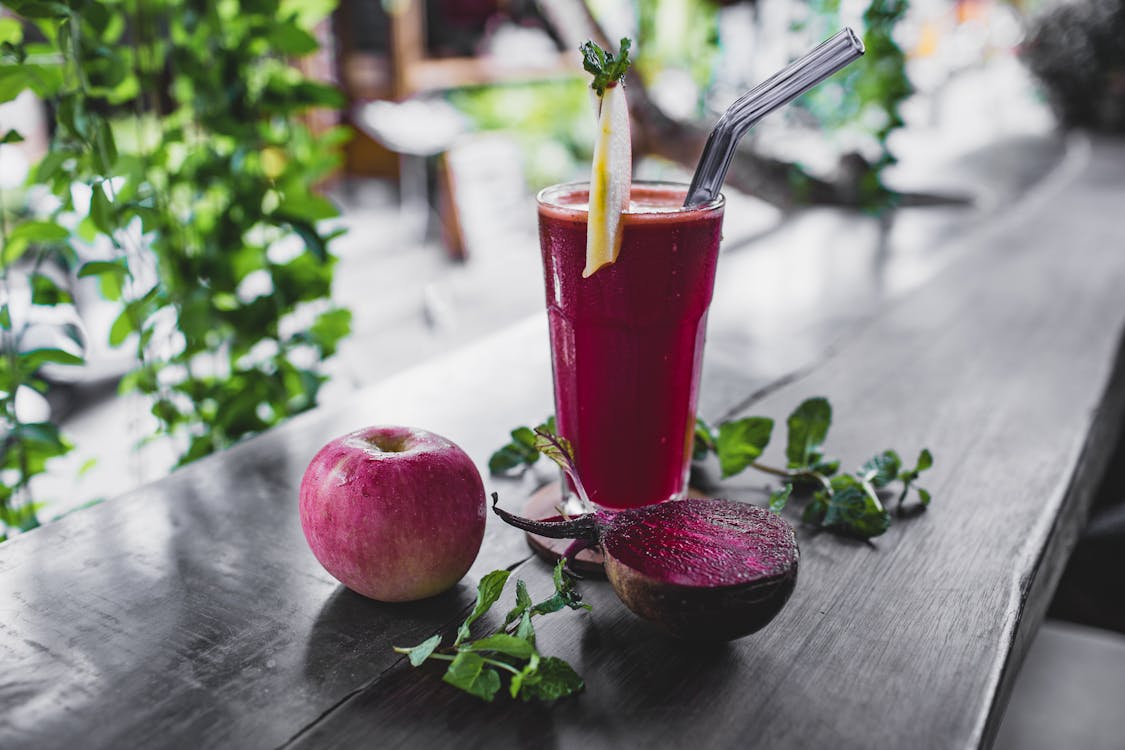Our society is guilty of pathologizing menopausal women, treating this admittedly difficult transition as if it were a stigma rather than recognising it for what it truly is: an extraordinary rite of passage. To address the anxieties that some women face during this process, we thought it better to share insights into the transition, exploring mental and physical changes as well as tips on how to navigate this transformative period.
Understanding the Menopausal Transition
Menopause, in a nutshell, is marked by the end of monthly menstruation, when the ovarian follicular (tiny fluid-filled sacs in the ovaries that release eggs for fertilisation) cease to function. The age at which this occurs varies among women, but is usually between 45 and 55 years of age. It is worth noting that some women experience menopause much earlier.
Menopausal Changes in the Body
Most women will experience menopausal symptoms. For some, the symptoms will be severe and have a significant impact on daily life. Often, the first sign will be a change in the normal pattern and frequency of the periods. You may experience heavier, lighter, more, or less frequent menstrual cycles.
Some women may also encounter hot flashes (feelings of intense heat, followed by sweating, flushing of the skin, and chills) and night sweats. Others may experience weight gain, vaginal dryness, reduced bone mass, sore or tender breasts and dry skin; though it is important to highlight that these symptoms vary from individual to individual.
Menopausal Impact in Mental Health
The menopausal transition is not limited to changes in the body, it can also impact mental health. You may experience feelings of:
- Anger and irritability
- Anxiety
- Forgetfulness
- Loss of self-esteem
- Loss of confidence
- Poor concentration
- Sadness and depression
As you go through menopause, your moods can change rapidly. This is in part due to fluctuating hormones. As your oestrogen levels swing, so too will your moods. However, with a few simple lifestyle changes, it’s possible to alleviate many of the symptoms associated with menopause.
Detox & Thrive: How Clean Living Helps Alleviate Menopause Symptoms

Making lifestyle changes can go a long way in making menopausal symptoms more tolerable. This includes taking a break from the onslaught of processed foods and unhealthy drinks, as well as engaging in more physical activity.
A cross-sectional study conducted in 2022, involving 288 postmenopausal women supports this, it found a correlation between more intense menopausal symptoms and increased consumption of processed foods. Women who consumed more vegetables reported lower menopause symptom intensity and better quality of life.
Here are some of the foods we consider to be detox essentials for menopausal health.
Healthy Fats
Healthy fats such as omega-3 fatty acids found in fish such as prawn, salmon and anchovies, or seeds such as chia and hemp, are beneficial to women undergoing menopause.
Oestrogen helps protect women from heart disease; once it falls, the risk increases. Omega-3 fatty acids reduce the risk of heart disease, keep the cholesterol and blood pressure under control, as well as help the body absorb vital nutrients.
Whole Grains
Whole grains are rich in a variety of nutrients, some of which include fibre and B vitamins. Quoting the aforementioned study, they reduce the risk of heart disease and the intensity of menopausal symptoms.
Quality Protein
Reduced oestrogen levels contribute to decreased muscle mass and bone strength. We recommend that women going through this stage increase the amount of protein they consume. Doing so will provide the body with the nutrients it needs to compensate for the biological changes at menopause and keep weight gain at bay.
Fruits and Vegetables
If you’ve read our blog, you’ll know that we are a vocal advocate for fruits and vegetables. This is because they are packed with vitamins, minerals, fibre, and antioxidants. Research shows that women with higher intakes of food and vegetables experience fewer menopausal symptoms.
The Case for ReCulture Programmes
ReCulture meals featured in our detox programmes stand out for being free of oils, preservatives, sugar, carbs, msg, gluten, and other harmful components.
The ingredients in our meals are sourced, measured and cooked with strict guidelines. More to the point, they are designed to work in synergy with ReCulture Drops, a highly diluted natural substance extracted from plants and minerals designed to stimulate the body’s natural ability to heal.
Our meals are curated to meet the individual needs of every individual on our programme. Whether you choose the enhanced ReCulture 60 package or the shorter ReCulture 21 package, you’ll gain access to a dedicated wellness consultant. This consultant will provide you with a list of recommended supplements for optimal health, exercise and lifestyle suggestions, as well as guidance on potential challenges you may face throughout the programme.
Click here to learn more about our programmes. If necessary, you can reach out to us at hello@reculturelife.com for related inquiries.

